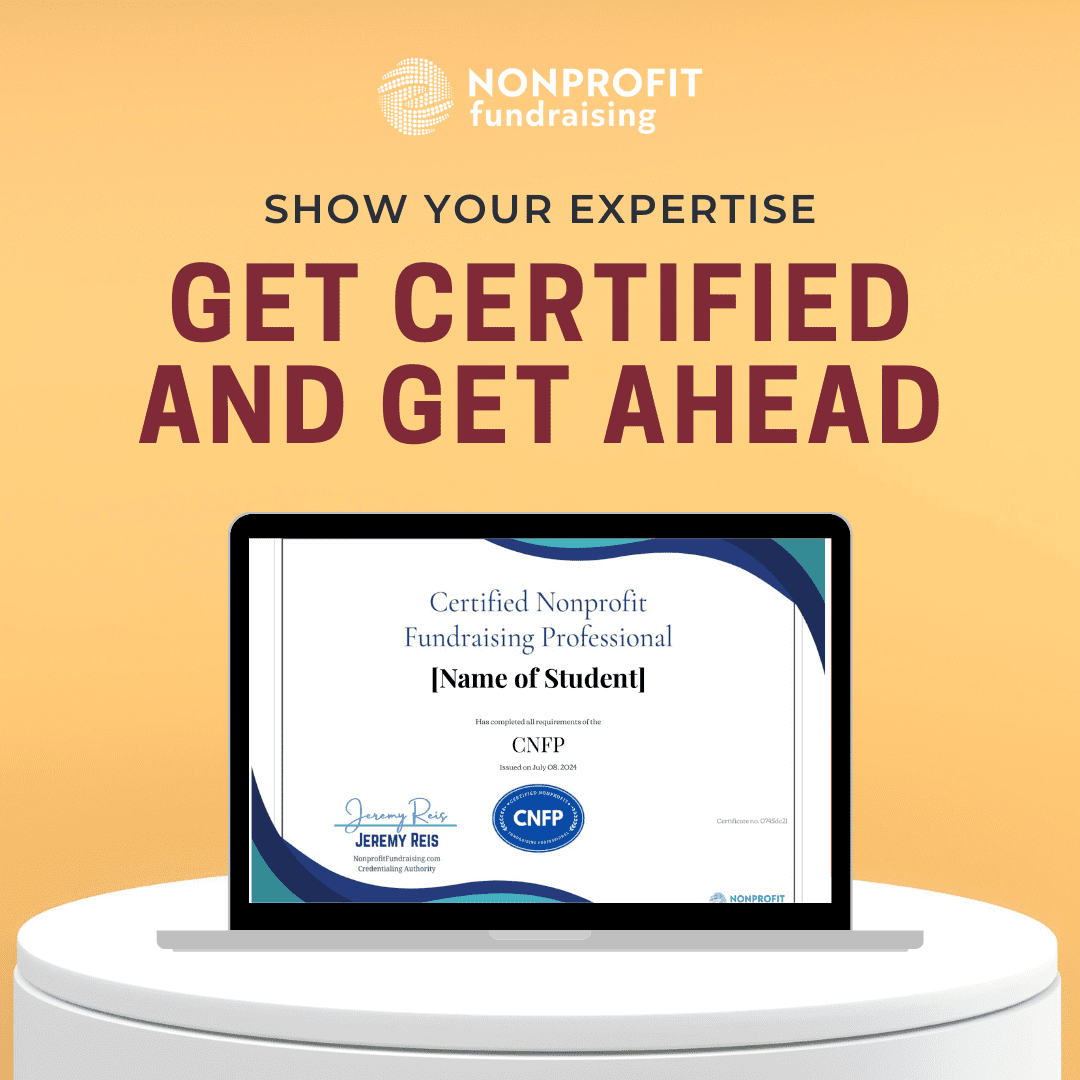Planned giving is a critical component of nonprofit fundraising, enabling organizations to secure significant, long-term support for their missions. However, success in planned giving requires more than just technical knowledge and expertise.
In this article, we’ll explore the often overlooked traits that distinguish highly successful planned giving fundraisers from their peers. By cultivating these qualities, you can enhance your effectiveness in this challenging and rewarding field, building stronger relationships with donors and securing transformational gifts for your organization.
Table of Contents
- Trait 1: Patience and Persistence
- Trait 2: Empathy and Emotional Intelligence
- Trait 3: Attention to Detail
- Trait 4: Storytelling and Persuasion Skills
- Trait 5: Collaboration and Teamwork
- Trait 6: Continuous Learning and Adaptability
Trait 1: Patience and Persistence
Successful planned giving fundraisers understand that securing planned gifts is a marathon, not a sprint. Cultivating relationships with potential planned giving donors often spans years, if not decades. These fundraisers possess the patience to nurture connections over time, maintaining regular contact through personal visits, phone calls, and thoughtful gestures.
Persistence is equally crucial. Planned giving fundraisers must be comfortable with the long-term nature of their work, staying the course even when results are not immediately apparent. They understand that each interaction, no matter how small, contributes to building trust and rapport with donors. By consistently demonstrating their commitment and dedication, these fundraisers lay the groundwork for significant planned gifts in the future.
Trait 2: Empathy and Emotional Intelligence
Planned giving decisions are often deeply personal, reflecting donors’ values, life experiences, and desire to leave a lasting impact. Highly successful fundraisers recognize the emotional aspects of these choices and approach their work with empathy and emotional intelligence.
These fundraisers take the time to genuinely listen to donors’ stories, concerns, and aspirations. They demonstrate authentic care and concern for donors as individuals, not just as potential sources of support. By putting themselves in their donors’ shoes, they can tailor their communication and proposals to resonate on a personal level.
Moreover, emotionally intelligent fundraisers are adept at reading nonverbal cues and adapting their approach accordingly. They can sense when a donor is hesitant or uncomfortable and adjust their messaging to put them at ease. This ability to navigate complex emotional landscapes sets top planned giving fundraisers apart.
Trait 3: Attention to Detail
Planned giving involves navigating a web of legal and financial complexities, from gift vehicles and tax implications to estate planning and documentation. Successful fundraisers have a keen eye for detail, ensuring that every aspect of a planned gift is properly structured and executed.
They work closely with legal and financial professionals to craft gift agreements that align with donors’ intentions and maximize benefits for both the donor and the organization. This is an important point – planned giving requires a lot of legal service, make sure you engage professionals to ensure the planned gift is executed well. They are meticulous in their record-keeping, maintaining accurate and up-to-date files on each planned giving prospect and donor.
Furthermore, these fundraisers stay abreast of changes in tax laws and regulations that impact planned giving. They proactively communicate these updates to donors and colleagues, ensuring that everyone has the most current and accurate information.
Trait 4: Storytelling and Persuasion Skills
Effective storytelling is a powerful tool in planned giving fundraising. Successful fundraisers know how to paint a compelling picture of the impact that planned gifts can have on their organization’s mission and the lives of those they serve.
They share stories of how past planned gifts have made a difference, bringing abstract concepts to life through concrete examples. They help donors envision the legacy they can leave behind and the transformative power of their generosity.
In addition to storytelling, top planned giving fundraisers possess strong persuasion skills. They can articulate the case for planned giving in a way that resonates with each individual donor, addressing their unique motivations and concerns. They are comfortable having conversations about sensitive topics like mortality and estate planning, always maintaining a tone of respect and empathy.
Trait 5: Collaboration and Teamwork
Planned giving fundraising is not a solo endeavor. Highly successful fundraisers understand the importance of collaboration and teamwork in securing planned gifts.
They work closely with colleagues in departments like finance, marketing, and programs to ensure a coordinated and comprehensive approach to planned giving. They leverage the expertise of legal and financial professionals to structure complex gifts and navigate technical challenges.
Moreover, these fundraisers actively engage board members, volunteers, and other stakeholders in planned giving efforts. They provide training and resources to help them feel comfortable discussing planned giving with their networks, expanding the organization’s reach and credibility.
Trait 6: Continuous Learning and Adaptability
The landscape of planned giving is constantly evolving, with new gift vehicles, tax laws, and donor preferences emerging all the time. Highly successful fundraisers embrace a mindset of continuous learning and adaptability to stay ahead of the curve.
They proactively seek out professional development opportunities, attending conferences, webinars, and workshops to expand their knowledge and skills. They join professional networks and engage in peer-to-peer learning, sharing best practices and troubleshooting challenges with colleagues.
Furthermore, these fundraisers are open to new ideas and approaches, even if they challenge long-held assumptions or practices. They are willing to experiment with innovative strategies and tools, always with an eye toward enhancing donor engagement and securing more planned gifts.
Becoming a highly successful planned giving fundraiser requires more than just technical expertise. By cultivating the traits of patience, empathy, attention to detail, storytelling, collaboration, and continuous learning, fundraisers can elevate their practice and achieve extraordinary results. As you work to develop and hone these qualities in yourself and your team, remember that the impact of your efforts will be felt for generations to come. With each planned gift you secure, you are not only ensuring the long-term sustainability of your organization but also empowering donors to leave a lasting legacy of generosity and impact.

